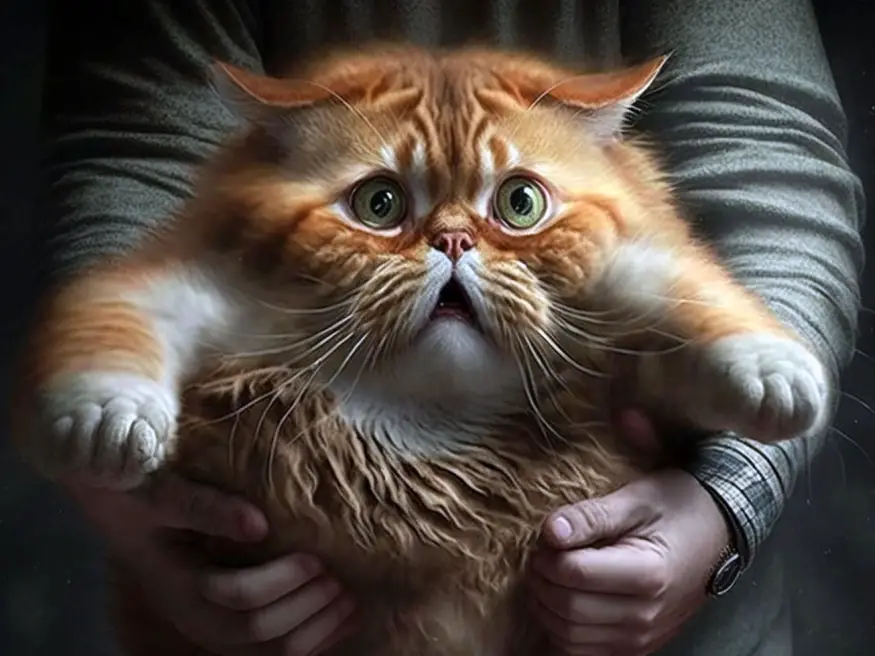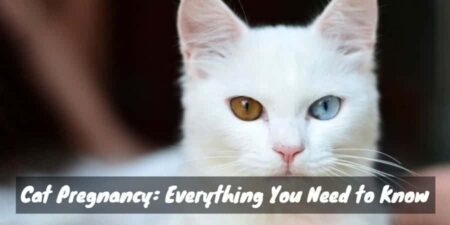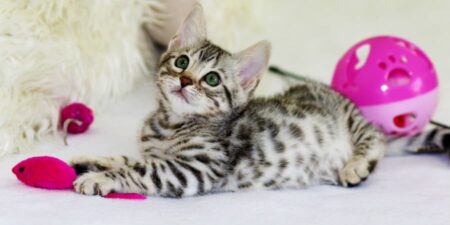Ever stared into the mesmerizing eyes of a cat and wondered, “What could possibly incur the wrath of this beguiling creature?”
Then prepare yourself, for we are about to explore the seven deadly sins of cat ownership—things you should absolutely avoid if you want to stay in the good graces of your feline overlord.
Sin 1: Ignoring Their Personal Space
Cats are creatures of dignity and independence.
They love their personal space. It’s like their little feline kingdom; you, my friend, are merely a visitor.
You do not simply cuddle a cat; you wait for an invitation, preferably in the form of a head butt or a slow blink.
Do not commit the cardinal sin of encroaching on their territory uninvited. Respect their space, and you’ll earn their respect in return.
Sin 2: Neglecting the Litter Box
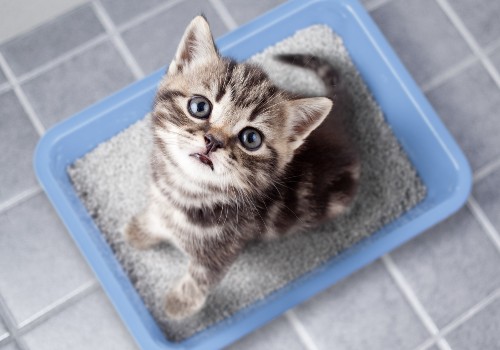
Imagine if your bathroom was a mess. You wouldn’t stand for it, would you?
Neither will your cat. Cats are fastidious creatures, and a dirty litter box is an affront to their refined sensibilities.
Keep it clean and fresh, and your cat will reward you with good bathroom behavior.
Ignore this, and you risk finding unpleasant surprises in unexpected places.
Sin 3: Going Overboard with Water
Cats, unlike their canine counterparts, are not fans of water.
They’re more about self-grooming and prefer to keep their baths tongue-based.
A forced swim session can be a traumatic experience for your feline friend.
Use pet-friendly wipes or a damp cloth for cleaning when necessary, and leave the swimming to the fish.
Sin 4: Overfeeding
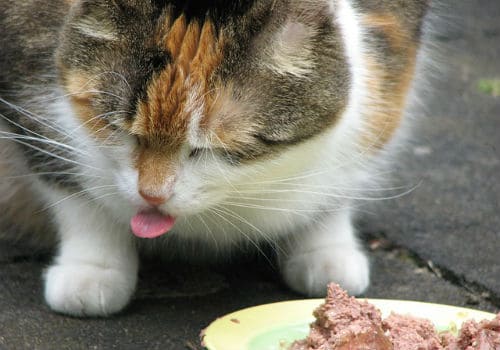
Just because Fluffy is giving you the big, round, pleading eyes doesn’t mean you should give in and overfeed her.
Obesity is a serious health issue in cats, leading to diabetes and other complications.
Treats are fine, but they should be just that—treats. Not a staple in your cat’s diet.
Sin 5: Disregarding Routine Vet Check-ups
Cats are masters of disguise when it comes to hiding illness.
That’s why routine vet check-ups are vital. Skipping these visits is akin to playing Russian roulette with your cat’s health.
Regular vet visits can catch potential health issues early, making them easier (and often less costly) to treat.
Sin 6: Assuming All Cats Are the Same
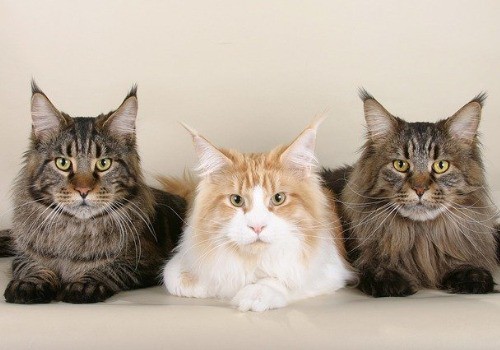
Remember, cats are individuals with their own personalities and preferences.
Treating them as a one-size-fits-all model is a grave mistake.
Some cats might love to play fetch; others might prefer a quiet spot to watch the world go by.
Learn to understand your cat’s unique quirks, and you’ll foster a deeper, more rewarding relationship.
Sin 7: Neglecting Mental Stimulation
A bored cat is a destructive cat. Your curtains, couch, and even your favorite pair of shoes can bear witness to this.
Cats need mental stimulation just as much as physical exercise. A variety of toys, puzzle feeders, and regular playtimes can go a long way in keeping your cat’s mind sharp and their claws off your furniture.
Summary
So there you have it, the seven deadly sins of cat ownership.
Avoid these, and you’ll be well on your way to a harmonious life with your feline companion.
After all, in the world of cats, understanding and respect are the keys to their hearts.
And remember, a happy cat means a happy home.
Now go forth and sin no more!
7 Things You Should Never Do to Your Cat (Video)
10 Related Questions About Cat Sins
1. What are some signs that a cat is inviting you to interact with them or enter their personal space?
Cats exhibit various signals to communicate their openness to interaction, such as slow blinking, headbutting, or rubbing against your legs. Observing your cat’s body language and respecting their cues will enhance your bond with your feline friend.
2. What are some consequences of not regularly cleaning a cat’s litter box?
A dirty litter box can lead to a myriad of issues, including unpleasant odors, bacterial growth, and poor bathroom behavior from your cat. Cats are fastidious creatures and may refuse to use a filthy litter box, which could relieve them in inappropriate places.
3. What alternatives to bathing can be used to clean a cat that does not enjoy water?
Cats who dislike water can be cleaned using pet-friendly wipes or a damp cloth. These alternatives are less stressful for cats than immersion in water and are effective for removing dirt and debris from their fur.
4. How can overfeeding negatively impact a cat’s health?
Overfeeding a cat can cause obesity, which leads to numerous health issues, such as diabetes, heart disease, and joint problems. It is essential to monitor your cat’s diet and provide the appropriate amount of food and treats to maintain its optimal health.
5. Why is it important to schedule regular vet check-ups for cats, even if they seem healthy?
Cats are notorious for hiding signs of illness and discomfort, making routine vet check-ups crucial for detecting potential health issues early on. Proactive care, such as regular vaccinations and dental checks, can prevent more severe and costly health problems in the long run.
6. What are some ways to ensure that you are catering to your cat’s unique personality and preferences?
To cater to your cat’s individual preferences, observe their behavior and reactions to various stimuli, such as different types of toys, food, or playstyles. By understanding your cat’s likes and dislikes, you can provide a more tailored and enjoyable experience for them.
7. How can mental stimulation improve your cat’s overall well-being and behavior?
Mental stimulation is vital for your cat’s overall well-being, as it keeps their minds sharp and engaged. Boredom can lead to destructive behaviors such as scratching furniture or engaging in excessive grooming. You can help maintain a happy and well-behaved cat by offering mental challenges.
8. What examples of toys or activities can help keep a cat mentally stimulated?
To keep a cat mentally engaged, provide a variety of toys, such as puzzle feeders, catnip-filled toys, or interactive electronic toys. Incorporating regular playtimes, rotating toys, and creating opportunities for them to explore and climb can also contribute to their mental stimulation.
9. Why is respecting and understanding a cat’s needs and boundaries important?
Respecting a cat’s individual needs and boundaries is crucial for building trust and fostering a harmonious relationship. Each cat has its own preferences, tolerances, and forms of communication. Understanding these nuances allows you to create a safe and comfortable environment for your feline companion.
10. How can a cat owner build a more rewarding relationship with their feline companion?
To build a rewarding relationship with your cat, focus on understanding their unique personality and respecting their boundaries. Provide a nurturing environment that caters to their needs, such as clean litter boxes, mental stimulation, and regular health care. Investing time in bonding through play, grooming, or simply being present in their space will strengthen the connection between you and your cat.
"In ancient times cats were worshipped as gods; they have not forgotten this."
-- Terry Pratchett

